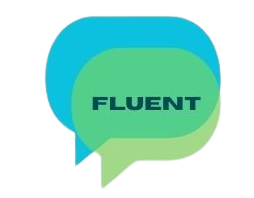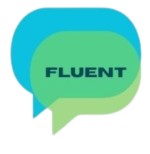CAN / COULD / BE ABLE TO: Uses, Structures, and Examples
Recommended level: low intermediate Quick reference Can is used for present ability and possibility ("I can dance." / "I'm sorry, but I can't help you.") Can is informally used for offers and requests ("Can I help you?" / "Can I make
English Questions with “LIKE”: What does he like? What is he like?
Quick Reference What does he like? --> Tell me about his preferences, things he enjoys, and/or his hobbies. What would he like? --> Tell me about his preference in the moment or in the future, or about his hypothetical preference
Phrasal Verb Synonyms / Phrasal Verbs that Mean the Same Thing (Includes GIFs & Practice Questions)
Recommended level: Upper Intermediate/Advanced English has a lot of phrasal verbs. Luckily, phrasal verbs have synonyms. This means, in some cases, you can use more than one phrasal verb to say the same thing. This is good news because it means
English punctuation: How to use semicolons
Good punctuation is fundamental to good writing. Many of us take commas, periods, question marks, and exclamation marks for granted. We barely notice them, or how they affect the mood and rhythm of a short story, an article, an email,

